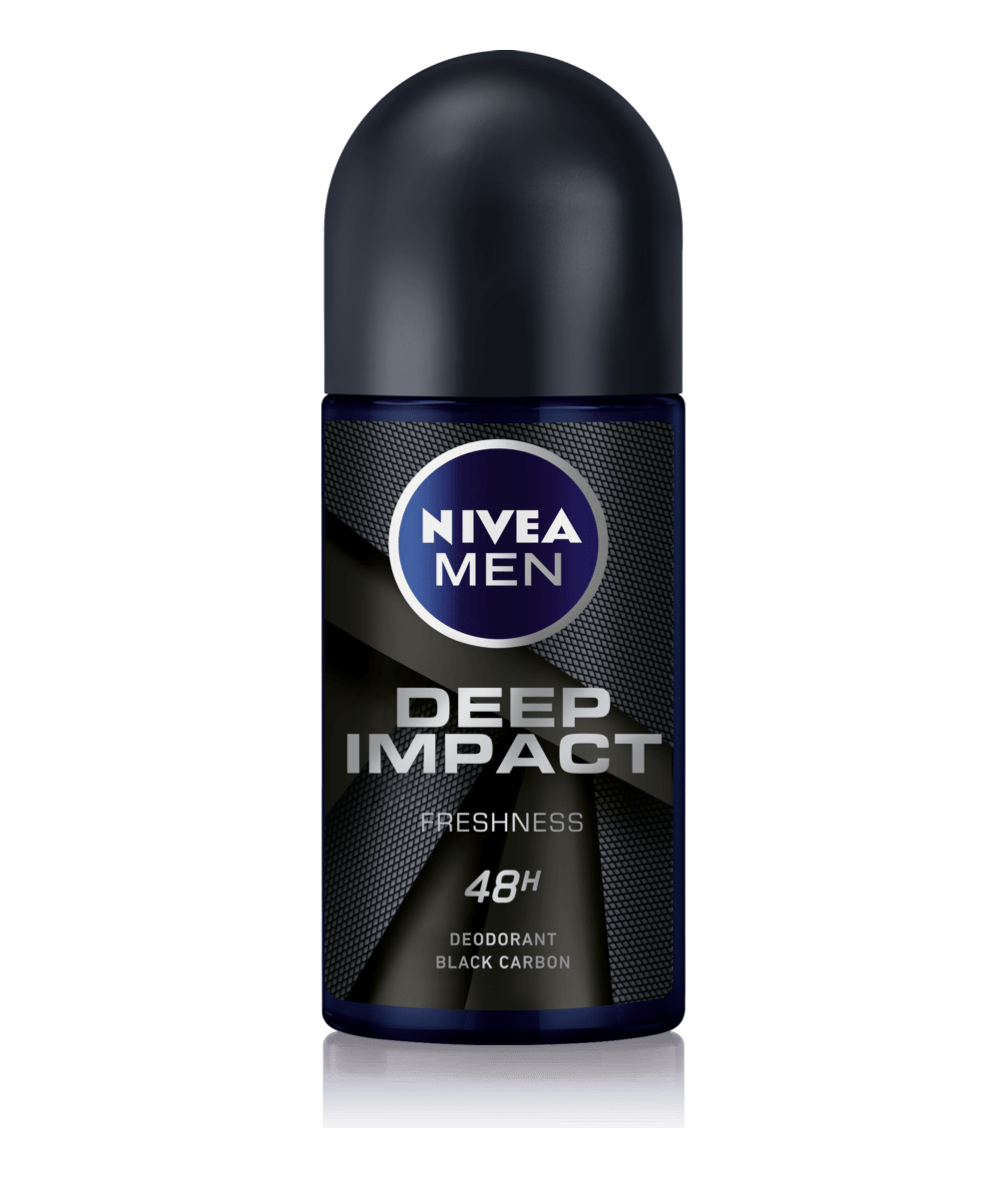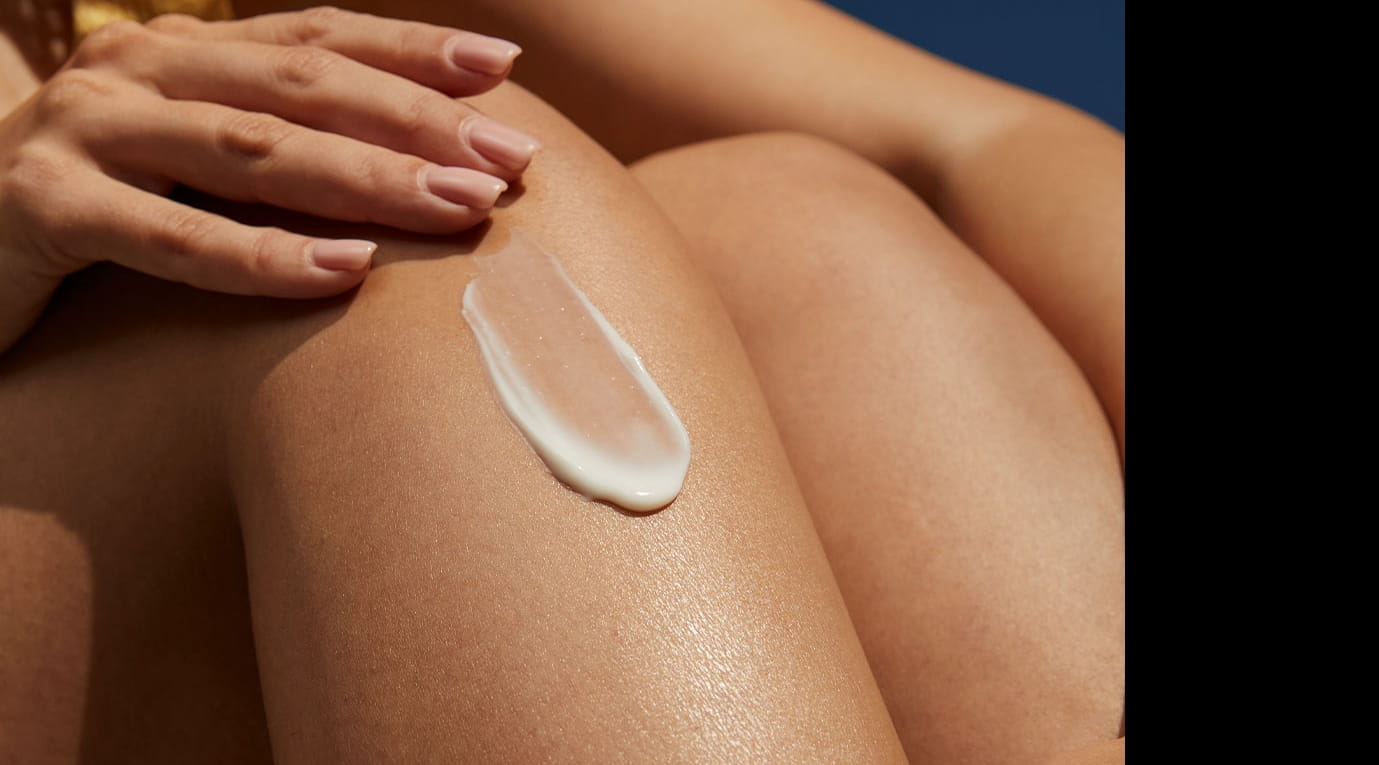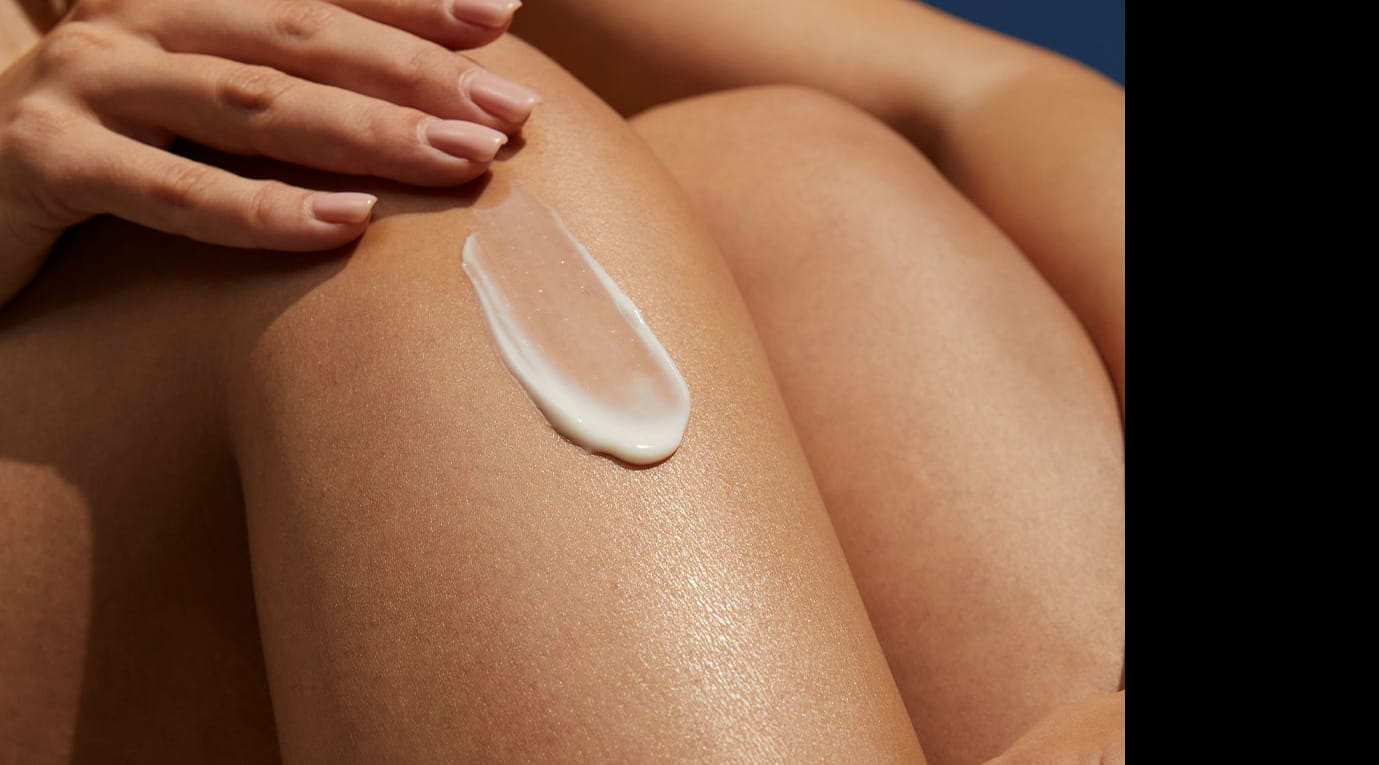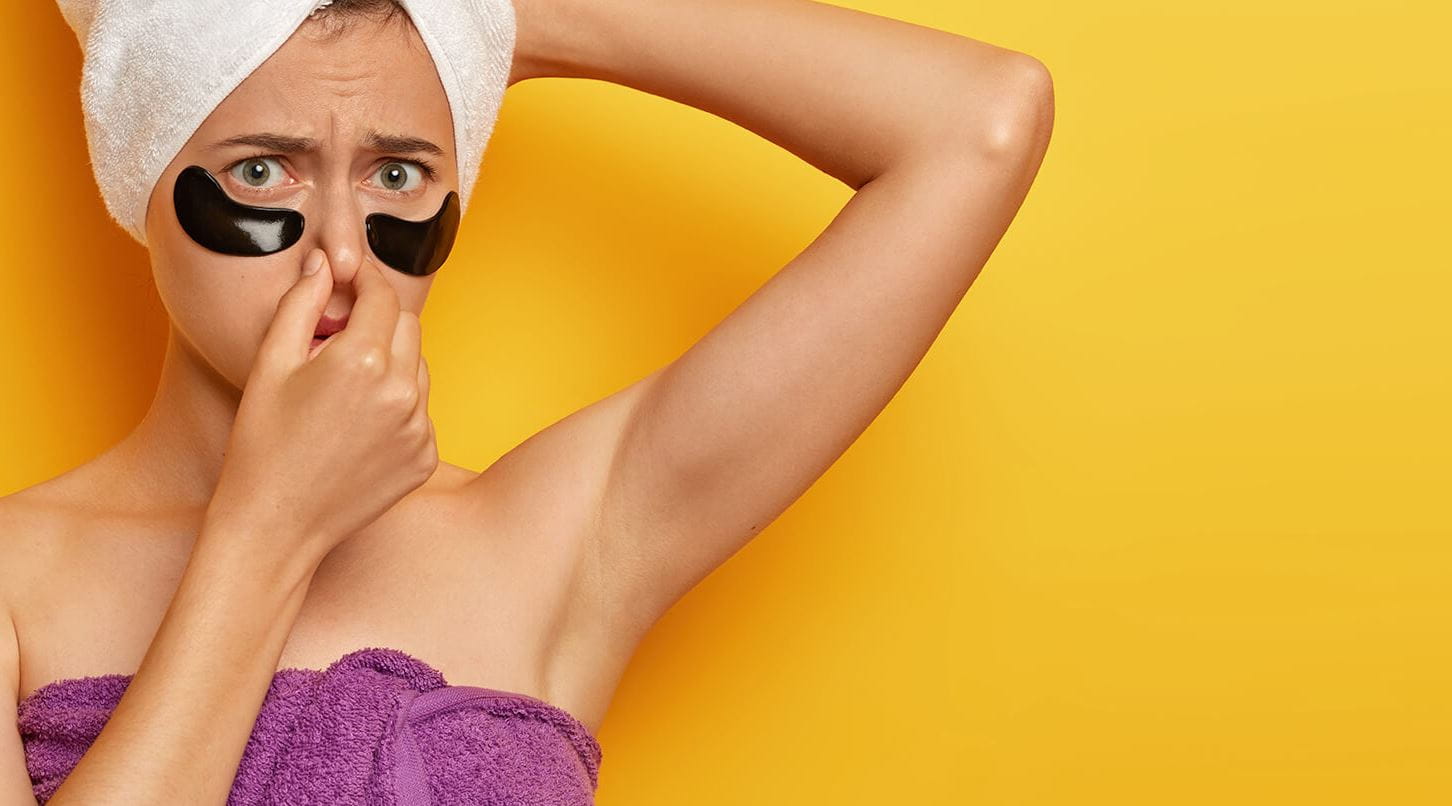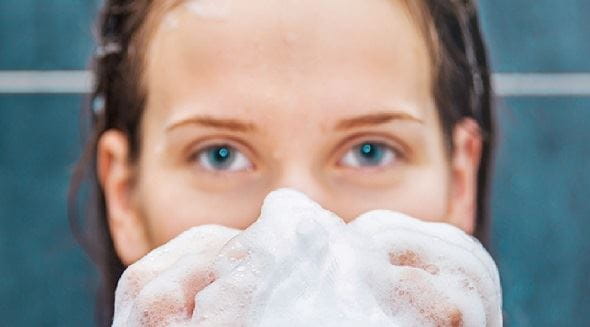Garlic or Onion Odour: If your sweat carries a persistent garlic or onion scent, it could be tied to your dietary choices. These foods are rich in sulfur compounds that can be released through sweat and breath. To minimize this odor, consider cutting back on these foods and enhancing your oral hygiene routine.
Sour or Vinegary Odour: A sour or vinegary smell emanating from your body may be a result of heightened stress or anxiety. Stress triggers excessive sweating and can alter your body’s pH levels, leading to this distinctive scent. Incorporating stress-management techniques, like meditation or yoga, can help reduce this type of odor.
Sweet or Fruity Odour: A sweet or fruity body scent might point to elevated blood sugar levels, often associated with diabetes. Engaging in regular exercise, following a balanced diet, and keeping track of blood sugar levels are essential steps to manage this odor and support your overall health.
Ammonia-Like Odour: If you notice an ammonia-like smell, it might indicate potential kidney issues, which could signify a buildup of waste products in your body. Staying well-hydrated and consuming kidney-friendly foods, such as leafy greens and berries, can help alleviate this odor while supporting kidney health.
Musty Odour: A musty or mildew-like smell often results from excess moisture on the skin and improper drying, leading to fungal or bacterial growth. Thoroughly drying your body after bathing, wearing moisture-wicking clothing, and applying antifungal or antibacterial creams can effectively prevent such odors.
Fishy Odour: A fishy scent, particularly in women, may be associated with bacterial vaginosis, a common vaginal infection. To manage this, maintain good genital hygiene, wear breathable cotton underwear, and seek medical advice if the odour persists.
Body odours vary greatly among individuals, so it's crucial to be mindful of any changes. By integrating these insights into your self-care routine, you can proactively address potential concerns. If you experience a sudden or unusual change in your body odour, consulting a doctor is recommended for further guidance.



